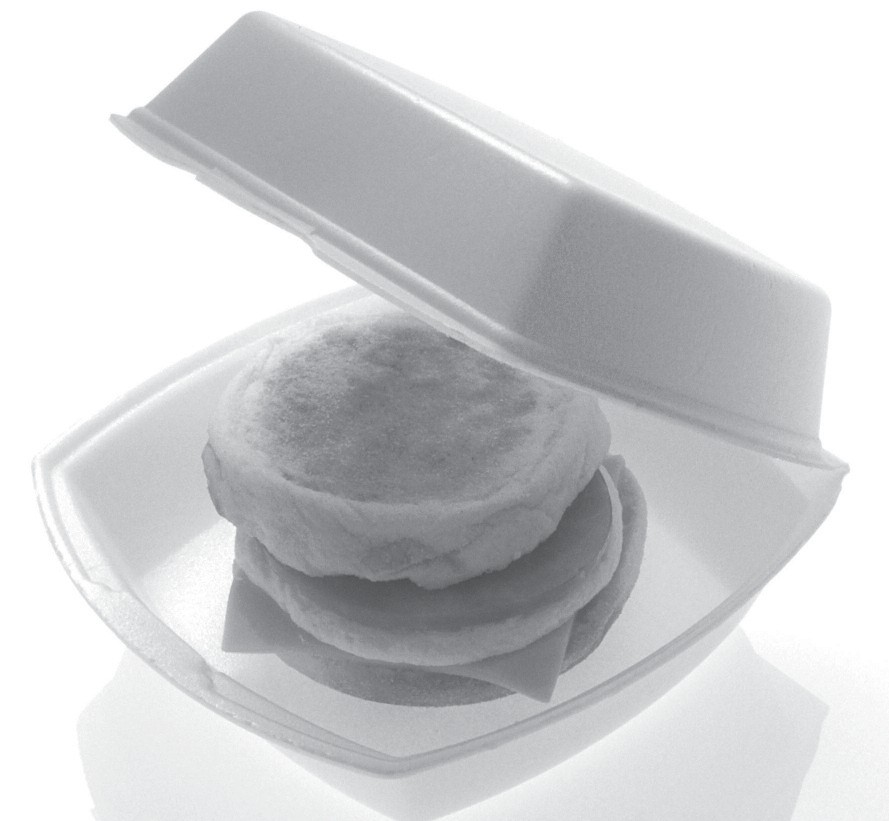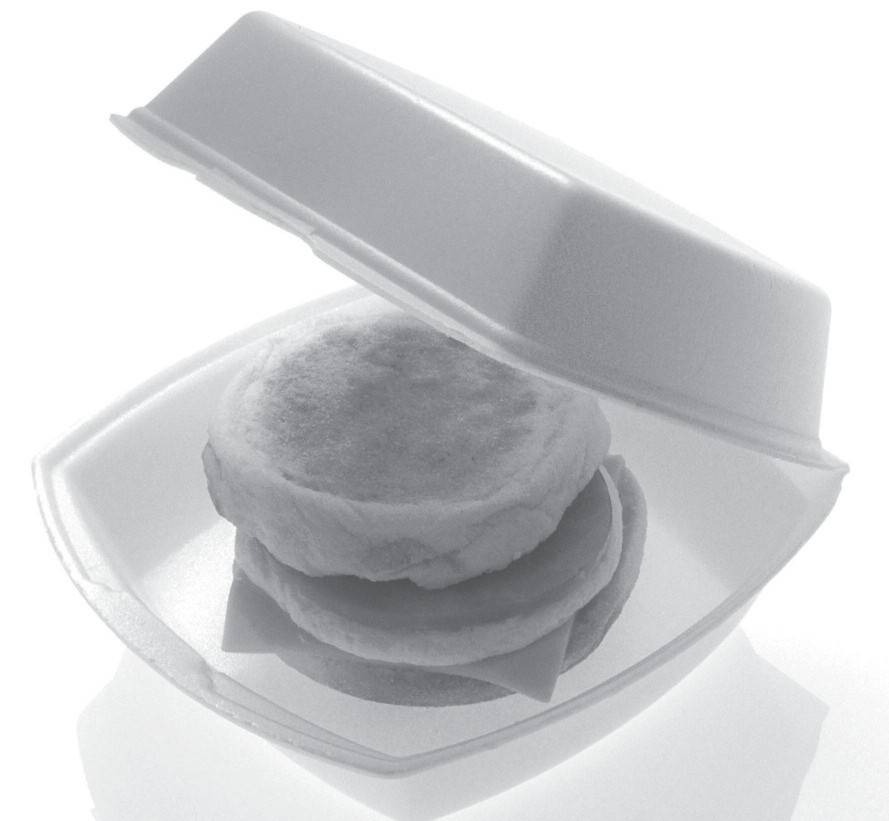New Plastic Ban Takes Effect In 2015
The Sanitation Department (DSNY) has one year to figure out whether expanded polystyrene (“foam”) products can be recycled before they are banned from the city, according to a bill passed unanimously by City Council and signed into law by then-Mayor Michael Bloomberg Dec. 30.

If the department can find an environmentally safe, economically feasible way to recycle coffee cups, foam packing peanuts and other polystyrene materials, the city will collect the foam with other recyclables.
The department must investigate feasibility and report to the city by Jan. 1, 2015.
Specifically, DSNY has to determine whether the material can be recycled at the recycling facility in the South Brooklyn Marine Terminal.
If the foam can’t be recycled, retailers will have six months to comply with the law before enforcement begins on July 1, 2015.
In either event, the legislation directs the DSNY, the Department of Consumer Affairs and the Department of Health and Mental Hygiene to conduct outreach and inform businesses of the DSNY’s ruling between Jan., 2015 and July, 2015. The three agencies are all empowered to enforce the new law, legislation states.
There is a hardship exemption for nonprofits and small food service establishments for which the ban would be too financially onerous.
In addition, rigid polystyrene and expanded polystyrene containers used to store raw meat and seafood sold from a butcher case will be exempted, the law states.
Many believe expanded polystyrene, which is made from petrochemicals, is harmful to the environment because it can break into tiny pieces and takes centuries to bio-degrade.
Some suspect the material contains carcinogens, which cause cancer, but the Federal Food and DrugAdministration has found foam products safe for use as single-use food containers.
The law states that a recycling program would only be considered economically feasible if the city can find a market for recycled polystyrene and if the material could be collected in the same trucks as source-separated plastic, metal and glass.
Any recycling program adopted would have to offer limited negative environmental impact and be considered safe for the city’s sanitation workers, it was noted.
Expanded polystyrene products constitute about 0.5 percent of the city’s waste, according to information from the DSNY.



































